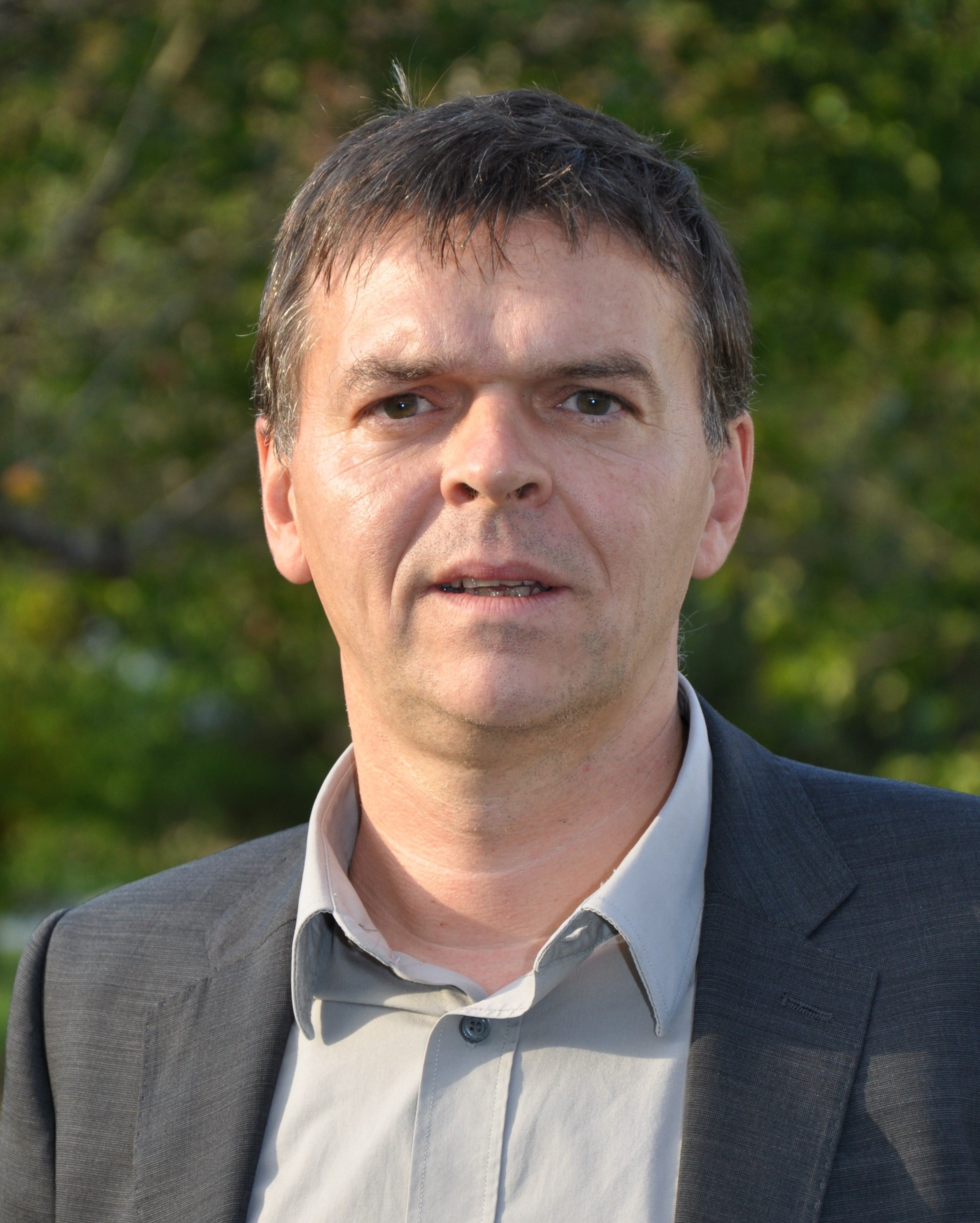Profile
Karl Hanson obtained his doctorate in Law in 2004 from Ghent University, Belgium, where he worked as a Researcher at the Children’s Rights Centre and as a Senior Researcher at the Human Rights Centre. His publications and main research interests are in the field of interdisciplinary children’s rights studies and include theorizations on children’s rights and childhood studies, working children and child labour norms and policies, international children’s rights law and juvenile justice. He teaches at the University of Geneva in the Master interdisciplinaire en droits de l’enfant (MIDE). He is also the Programme Director of the Master of Advanced Studies in Children's Rights (MCR) and Chair of the Steering Committee of the Children’s Rights European Academic Network (CREAN). Karl Hanson is co-editor of the journal Childhood (Sage).
Publications
- Hanson K (2021) The State and the world’s children. Childhood 28(1)
- Hanson, K. & Peleg, N. (2020) Waiting for children’s rights theory. The International Journal of Children's Rights 28 (1), 15-35.
- Hanson, K. & Nieuwenhuys., O. (2020) A child-centered approach to children’s rights law: living rights and translations. In Todres, J. & King, S. (eds.) The Oxford Handbook of Children’s Rights Law. Oxford University Press.
- Ruggiero, R. & Hanson, K. (2020) Independent Children's Human Rights Institutions 'In the Middle' between Local and Global Perspectives. Societies Without Borders 14(1)
- Hanson, K. (2020) Children’s rights. In Cook, D.T. (Ed.), The SAGE Encyclopedia of Children and Childhood Studies (pp. 488-494). SAGE Publications.
- Hanson, K. & Molima, C. (2019) Getting Tambo out of limbo: Exploring alternative legal frameworks that are more sensitive to the agency of children and young people in armed conflict. In M.A. Drumbl & J.C. Barrett (Eds.) Research Handbook on Child Soldiers (p. 110-131) Cheltenham: Edward Elgar.
- van Daalen, E. & Hanson, K. (2019) ILO’s shifts in child labour policy: Regulation and abolition. International Development Policy 11 – Special issue on 100 years ILO, p. 133-150
- Hanson, K. (2019) Societal impact of academic childhood and children’s rights research: Sooner or later? Childhood 26(4), 409-413.
- Hanson, K. & Lundy, L. (2017) Does exactly what it says on the tin? A critical analysis and alternative conceptualization of the so-called ‘general principles’ of the Convention on the Rights of the Child. The International Journal of Children’s Rights 25(2), pp. 285-306.
- Hanson, K. (2016) Separate childhood laws and the future of society. Law, Culture and the Humanities, 12(2) 195-205.
- Hanson, K., Volonakis, D. & Al-Rozzi, M. (2015) Child Labour, working children and children’s rights. In W. Vandenhole, E. Desmet, D. Reynaert & S. Lembrechts (eds.), Routledge International Handbook of Children’s Rights Studies (pp. 316-330). London: Routledge.
- Hanson, K. (2014) 'Killed by charity' - Towards interdisciplinary children's rights studies'. Childhood 21(4), 441-446.
- Poretti, M., Hanson, K., Darbellay, F. & Berchtold, A. (2014) The rise and fall of icons of 'stolen childhood' since the adoption of the UN Convention on the Rights of the Child. Childhood 21(1), 22-38.
- Hanson, K. & Nieuwenhuys., O. (eds.) (2013) Reconceptualizing Children’s Rights in International Development. Living Rights, Social Justice, Translations. Cambridge: Cambridge University Press.
- Hanson, K. (2012) Schools of thought in children’s rights. In M. Liebel, Children’s Rights from Below. Cross-cultural Perspectives (pp. 63-79). Basingstoke: Palgrave Macmillan.
See a more complete list of publications at the institutional repository of the University of Geneva
